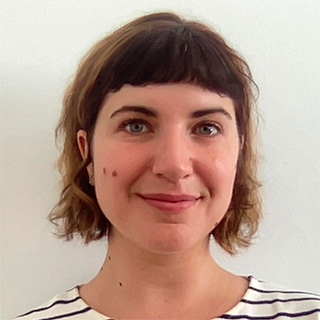Language Matters: Mindful Language in the Disability Space
Sunday, March 13, 2022
Being mindful about the language we use goes beyond using politically correct terminology, but words are a big part of communication. This article expresses the importance of choice in language; whereby the choices we make when using language can influence the way people feel and are perceived, and it is important to respect people’s wishes about how they choose to be identified.
This could apply to any group of persons who have been historically marginalised, but in this context, we discuss language in the disability space. People with Disability Australia have put together a guide (written by persons with disability) to language for the Australian public and media outlets. It gives a fantastic overview of the Social Model of Disability on which mindful language is based, as well as identity vs person-first language, ableist language, a guide for media, and a brief list of terminologies (both to use and to avoid).
The Social Model of Disability seeks to change society to accommodate people living with impairment; it does not seek to change persons with impairment to accommodate society. It is often contrasted with the Medical Model which suggests that people with impairment are suffering victims in need of a cure. The Social Model challenges the physical, attitudinal, communication and social environment to accommodate those impairments of a particular individual, such that people with impairments have a right to fully participate in society on a basis equal with others.
Based on this, being mindful of language is easy: person first, or identity first. People with disability might hold their disability as an important identifying feature for themselves, but not everyone defines themselves in terms of their disability and certainly, in the past, clinical (medical) terms have de-humanised and de-valued people with disability. I am not going to refer to these old, harmful terms here. The PWDA Guide to Language is a great reference in case you or someone you know could use a refresher. Person-first language assumes humanity before any other identifying feature. Some people might choose to use their identifying features in an identity-first way, like disability, sexuality, race, cultural identity.
People with disability are not a homogenous group, so people will have varying language preferences. The point is to use language as a means to express respect and reinforce a paradigmatic shift away from harmful and objectifying language in the disability space, towards considerate and humanising language that acknowledges the fact the right to equity for people with disability.
Recent Posts
- 🌸 Mindfulness and Journalling 🌸
- 🎭 Drama Blog: We’re Going on a Bear Hunt 🐻✨
- Origami 🌀
- Big Chop Energy 💇🏼♀️✨
- Real Talk, Real Tears, Real Growth 💖
- When Life Hits You (Literally) – My Ankle Drama 🦶💥
- ✨My Marli Day at the Easter Show 🐣🎡✨
- My First Iftar Dinner 🌙🍽️
- Harmony Day at School – Laming-Town Stall
- Hearing Aids

